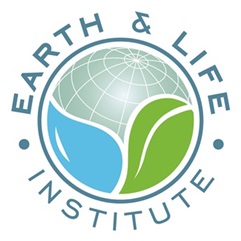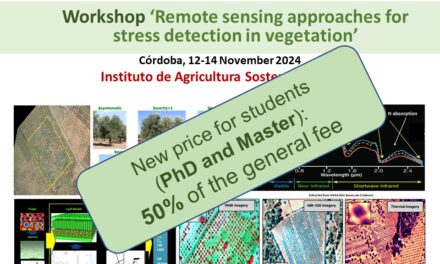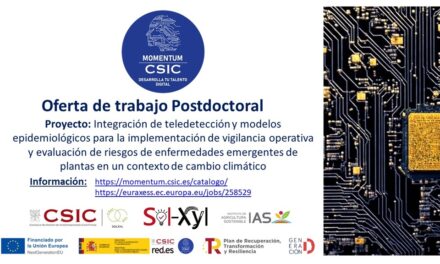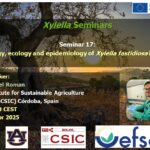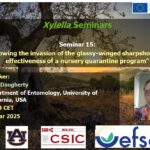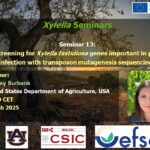Diversity of Xylella fastidiosa on forest and agriculture trees and shrubs in temperate climates
The Earth & Life Institute, applied microbiology department, plant health lab at UC Louvain is offering two postdoctoral positions in plant bacteriology to investigate the potential impact of Xylella fastidiosa present in understudied regions in the USA on forest and agricultural trees and shrubs, in the frame of a collabora0ve project funded by the European Food Safety Authority aiming at gathering a better understanding of the risk caused by X. fastidiosa in temperate clima0c zones, with Rodrigo Almeida (University of California, Berkeley, CA, USA) and Boris Vinatzer (Virginia Tech, VA, USA). The candidates are expected to contribute to ground-breaking research in comparative genomics, microbial ecology and evolution, plant-microbe interactions, with direct impact on pest risk assessment.
About the SAVE lab: The plant health Lab at the Earth & Life Institute focuses on one of the most challenging and intriguing questions in plant pathology: to understand how plant pathogens interact with both their host plants and vectors in order to provoke major diseases, sometimes turning into epidemics. Such knowledge is used to stimulate and foster innovative strategies and technologies for diagnostic and sustainable control of tropical and temperate plant diseases. It is expected that a significant part of the postdoc will be implemented in the USA in close collaboration with B. Vinatzer and R. Almeida’s teams.
Job description: As a postdoctoral researcher, you will work within a collaborative and diverse group of scientists. Your responsibilities will include the generation of a Xylella fastidiosa strain collection representative of the diversity of X. fastidiosa in Virginia and neighboring states, whole genome sequencing, and comparative and evolutionary genomic analyses. Proficiency in bacterial cell culturing is required. Experience with Xylella fastidiosa isolation and cultivation, as well as high-throughput sequencing and genomic analyses, is desirable.
Duties: 100% post-doctoral research fellow.
Formal requirement: PhD in microbiology, plant pathology or a related field. Eligible candidates must have completed their PhD within three years of the application deadline. Exceptions may be considered under special circumstances for those who received their PhD earlier.
Additional qualifications: We seek a candidate with a strong background in microbiology, Xylella fastidiosa biology, and bacterial genome sequencing and analyses. Additional strengths include experience with tree plant pathology and pathogen ecology. The candidate is expected to take initiative and collaborate within and outside the group.
Application Process: Submit your application, including: 1. CV 2. Cover letter describing your research interests, skills, and motivation 3. Publications list 4. Contact information for at least two referees (phone number and email address) How to Apply: Submit all application documents in a single PDF file via email to claude.bragard@uclouvain.be with the subject line «Postdoc Application EFSA – Xylella» Applications will be accepted until suitable candidates are found. Requirements Research Field Biological engineering, plant pathology Educa6on Level PhD or equivalent Languages ENGLISH Addi6onal Information. The project is anticipated to run until February 2026
Work Location
Virginia Tech, Blacksburg, Virginia, USA
University of California-Berkeley, Berkeley, USA
UCLouvain, Louvain-la-Neuve, Belgium
Contacts for further information

